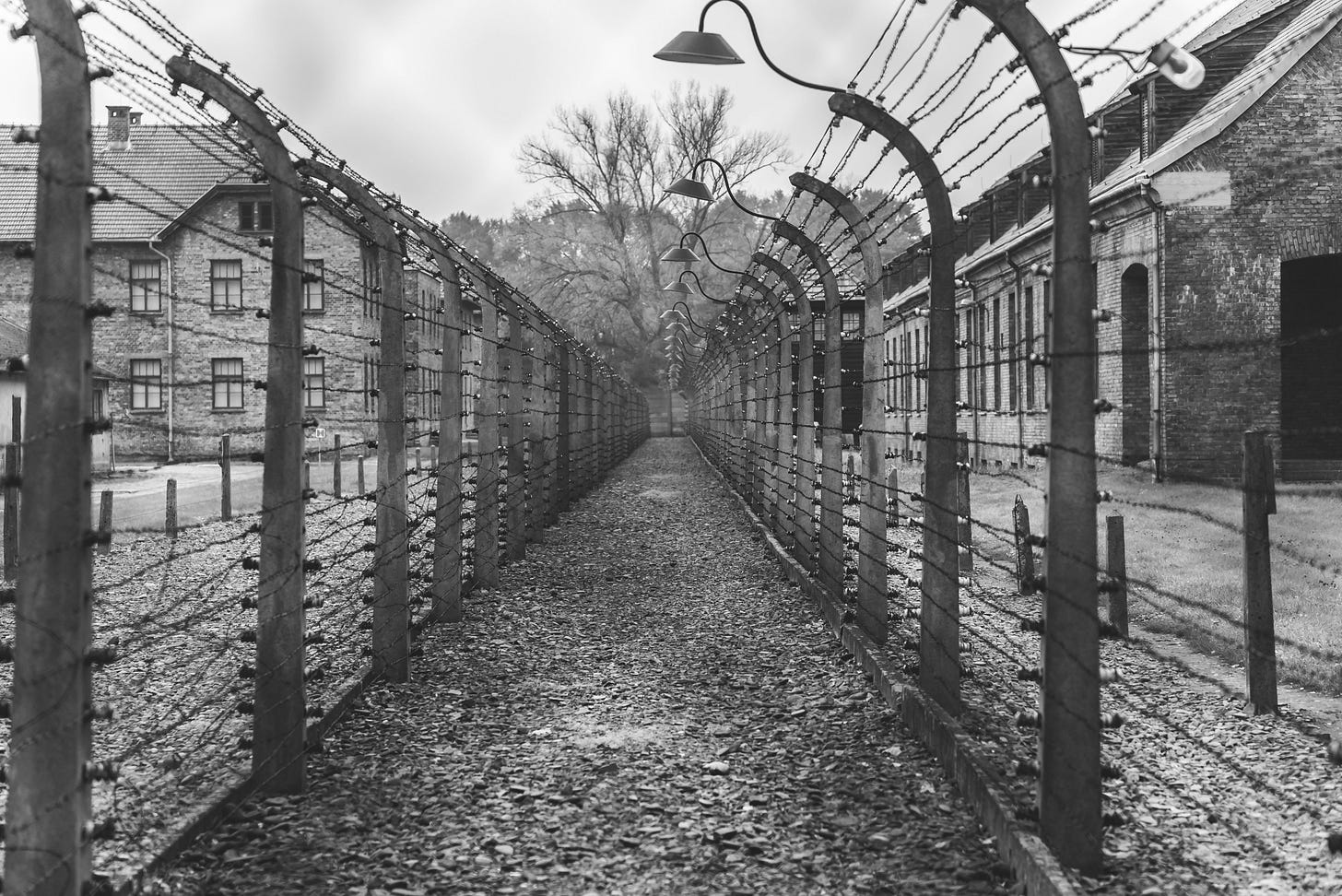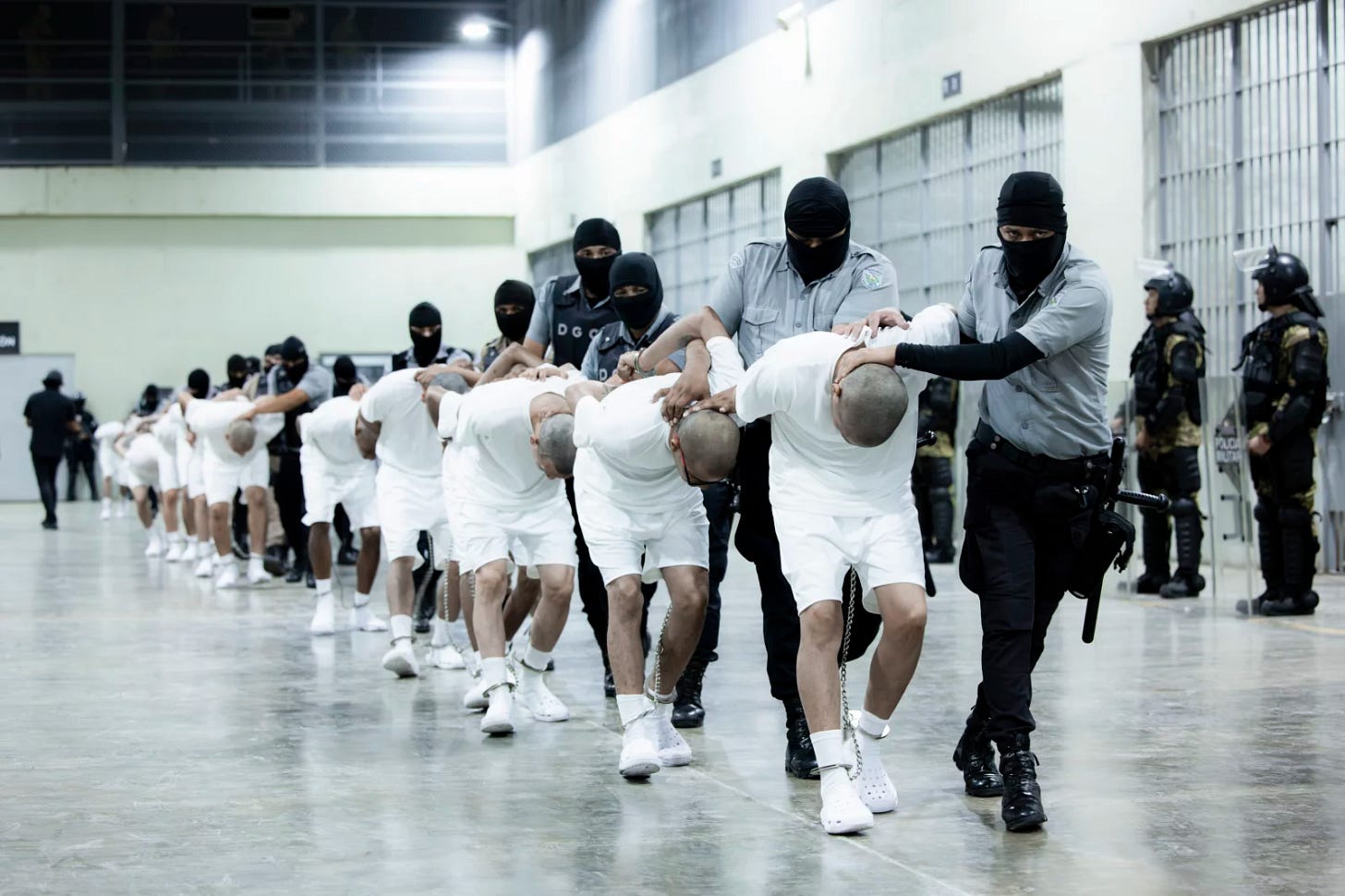Lessons from a Holocaust survivor
When I covered my first war, I was so sick with anxiety that I puked at my desk. I received wire images of a mother and two children who had been killed by shrapnel from a nearby explosion.
“I’m sorry, I’m just so overwhelmed right now,” a woman across from me apologetically said.
San Francisco’s Muni was empty that evening, aside from the two of us and her male co-rider. I was trying not to eavesdrop on what might have been the start of a breakup, but my headphones were dead, so I was left with no choice.
When the guy asked why, she made a sweeping gesture with her hands and rhetorically asked, “Have you read the news?”
As both a consumer and a creator of “the news,” I dually related.
Some days, headlines or coverage weigh so heavily on my heart that I have to step away to feel it out.
When I covered my first war, I was so sick with anxiety that I puked at my desk. I received wire images of a mother and two children who had been killed by shrapnel from a nearby explosion.
They were lying together, three in a row in the mud and gravel, and my stomach was empty. My body, my heart, in a new type of pain.
Today, I’m not receiving images of dead bodies, but the pain is familiar. At my current outlet, I’ve heavily covered Donald Trump’s choice to deport non-US citizens to a prison in El Salvador.
And when I first saw the images of men being shaved, shackled, and lined up on the floor like animals, my heart dropped.
When I first heard of Abrego Garcia being wrongfully abducted and taken to CECOT, my stomach turned.
There are days when I wish I could turn off the pains of the world and make the headlines stop coming in. Maybe, more rarely, I fantasize about deleting my social media accounts and chucking my phone off the balcony.
But, unfortunately, burying my head in the sand won’t keep any injustices from happening in the world. More so, it won’t bring me the joy and purpose I’m so desperately reaching for.
Suffering is a choice.
At least, that’s what my therapist told me. And if you could ask the late Holocaust survivor Viktor Frankl, he would have said the same thing.
Frankl’s book, “Man’s Search For Meaning,” details his experience in a Nazi encampment as he actively chooses every day to create meaning in his life.
Rather than living in suffering, in fear, Frankl chose to give his life purpose.
He called his approach “logotherapy,” or meaning therapy, which centers upon the belief that humans can overcome suffering and disappointments in life by finding meaning or purpose in every day moments.
"In some way, suffering ceases to be suffering at the moment it finds a meaning, such as the meaning of a sacrifice,” Frankl wrote.
The Holocaust survivor leaned on the concept that we can overcome whatever our hardships might be if we dedicate ourselves to someone or something else.
“The more one forgets himself — by giving himself to a cause to serve or another person to love — the more human he is and the more he actualizes himself,” he wrote.
I think it’s important to note that this in no way is an attempt to diminish or silence anyone’s suffering. However, I think we’re all searching for a way to find a little relief here.
In my life, I’ve chosen to make purpose by telling these stories of underrepresented people and communities who need coverage in times like this.
For others, those who aren’t writing the news, I think you have a new challenge ahead of you to create purpose.
The noise around us every day makes it overwhelming for the best of us as headlines beat us into negativity.
At the very least, we’re reading it. We are exhausted Muni riders, overwhelmed by all the incoming information.
For many, though, they’re living through the reality of being targeted by an administration that thinks they are terrorists or monsters based on their nationality or skin color.
We can’t create reality that isn’t there, but we can choose to create meaning in the moments we have in front of us.
If you’re suffering, I hear you. And my heart hears you.
You don’t have to. In life, you always have the agency of your own choices.
"Everything can be taken from a man but one thing: the last of the human freedoms - to choose one's attitude in any given set of circumstances, to choose one's own way.” - Frankl





